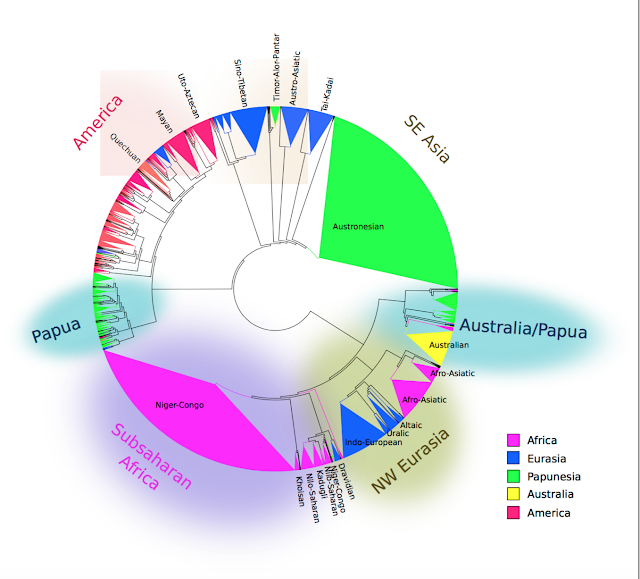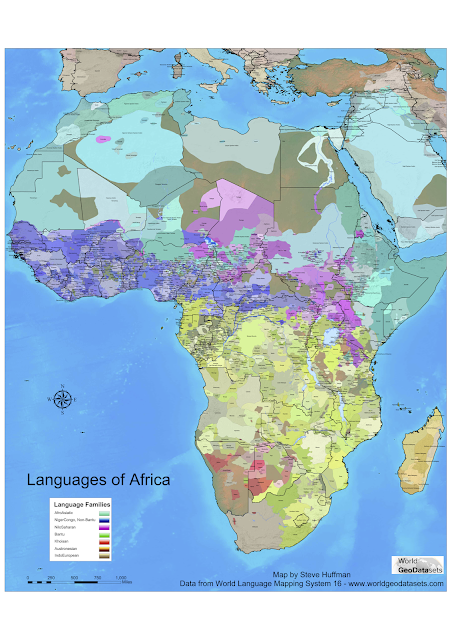Phonology Eyes Problems
I've made up something new, it's "Phonology Eyes" and "Phonology Eyes Problems". It's when you have problems with spelling due to being to focused on the sound of the word. It's a problem mainly for linguists, small children and others who are just learning how to write. The reason I bring it up is because I just spontaneously spelled "appreciate" correctly and was a bit happy about that. It's by far not the hardest word in terms of Phonology Eyes Problems, but I'm still quite pleased. (On Monday mornings, you gotta grab all chances to be satisfied, eigh?)
It causes more problems in languages that have a writing system convention that is more opaque, such as English, Chinese or French, and less problems with languages with more transparent writing systems, such as Turkish or Finnish. A transparent system means that spelling is more predictable and there is often a one grapheme = phoneme relationship.
There's a great deal of conservatism in spelling, and perhaps that's good because it means that it's easier to understand old texts and you don't have to update everyone on new conventions every year. It makes national standardization easier too, which can be an important factor in equals rights of all citizens. But sometimes, you know.. it just gets to me on a personal level. Especially <i> and <e> in English, mein Gott.
I guess we can also imagine such a thing as "Phonetic Eyes", that would mean trying to depict sound as it was just in that instant by that speaker etc and not just the most common way of pronouncing that word.
Any one out there with "Phonetic Eyes Problems"? I'd love to hear 'em :)!
It causes more problems in languages that have a writing system convention that is more opaque, such as English, Chinese or French, and less problems with languages with more transparent writing systems, such as Turkish or Finnish. A transparent system means that spelling is more predictable and there is often a one grapheme = phoneme relationship.
There's a great deal of conservatism in spelling, and perhaps that's good because it means that it's easier to understand old texts and you don't have to update everyone on new conventions every year. It makes national standardization easier too, which can be an important factor in equals rights of all citizens. But sometimes, you know.. it just gets to me on a personal level. Especially <i> and <e> in English, mein Gott.
I guess we can also imagine such a thing as "Phonetic Eyes", that would mean trying to depict sound as it was just in that instant by that speaker etc and not just the most common way of pronouncing that word.
Any one out there with "Phonetic Eyes Problems"? I'd love to hear 'em :)!





Comments
Post a Comment